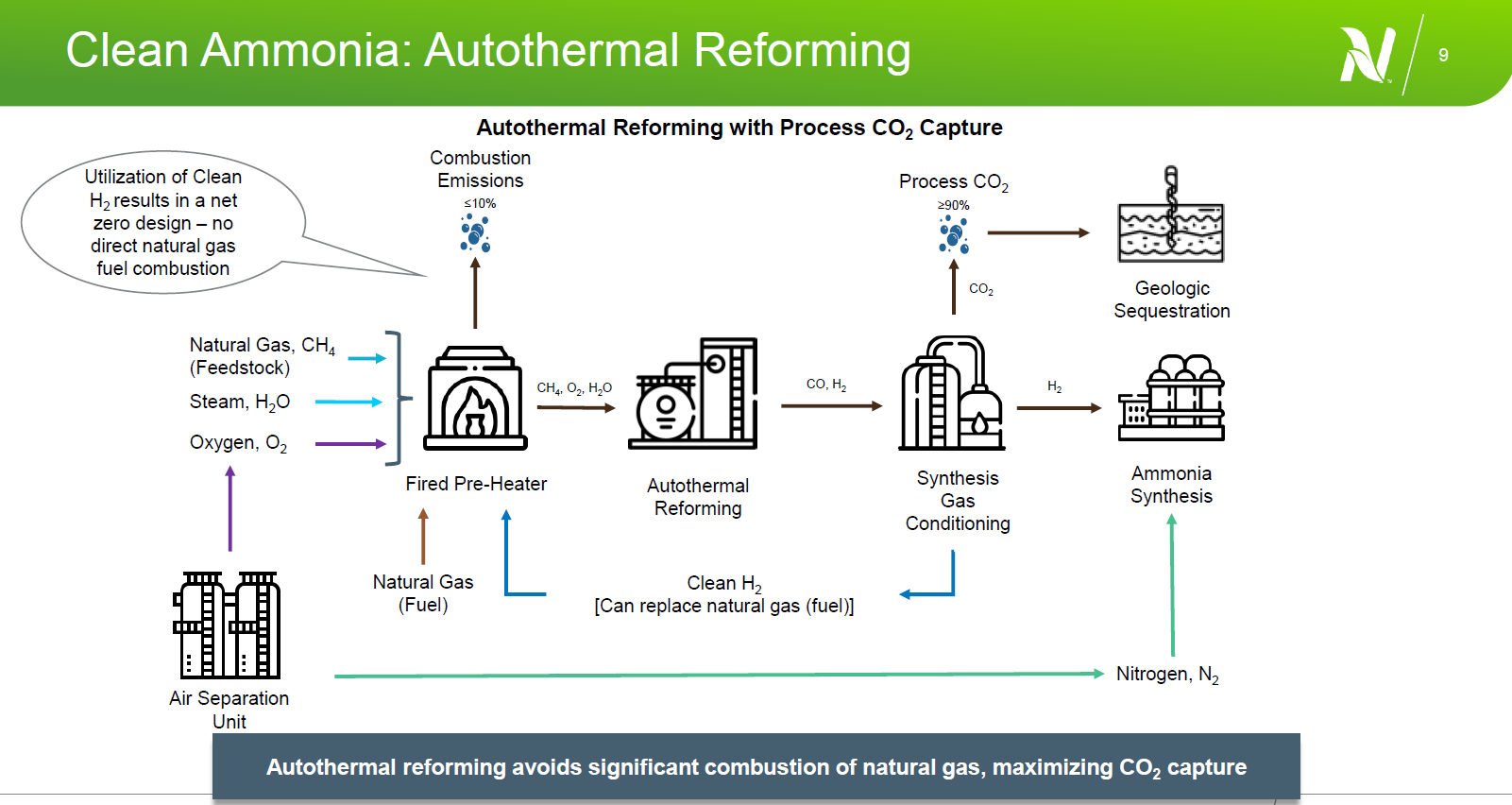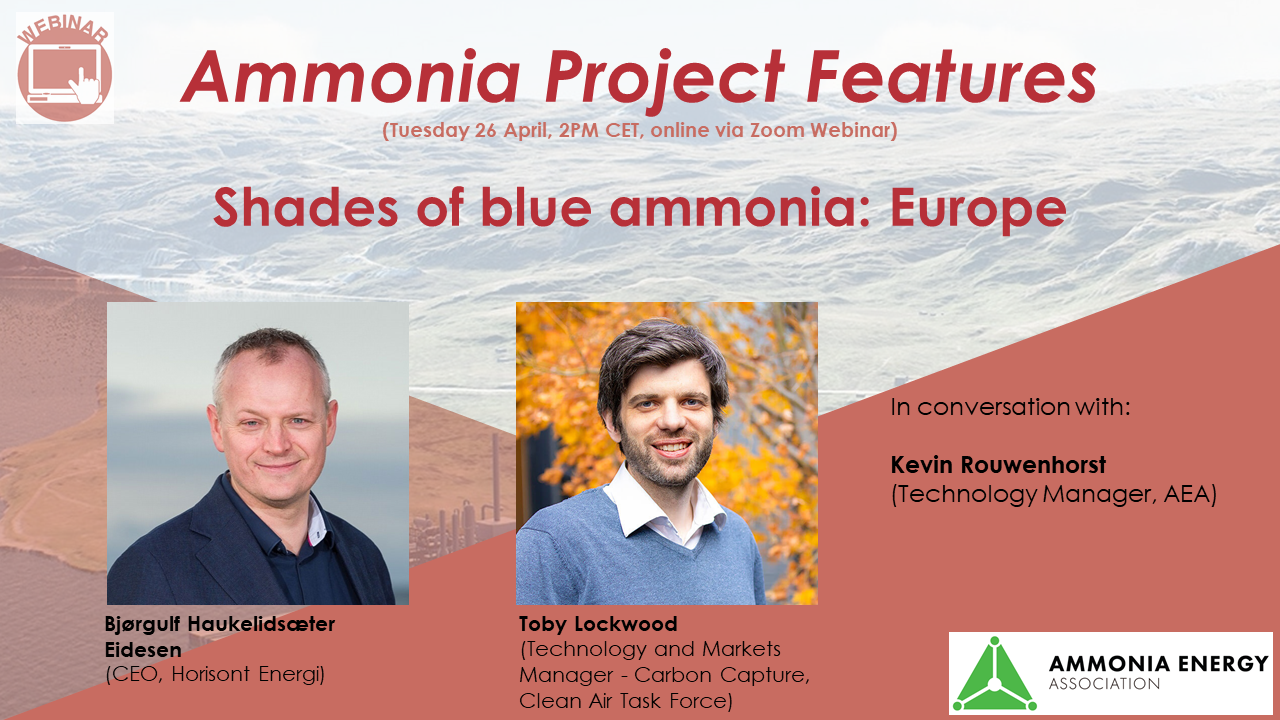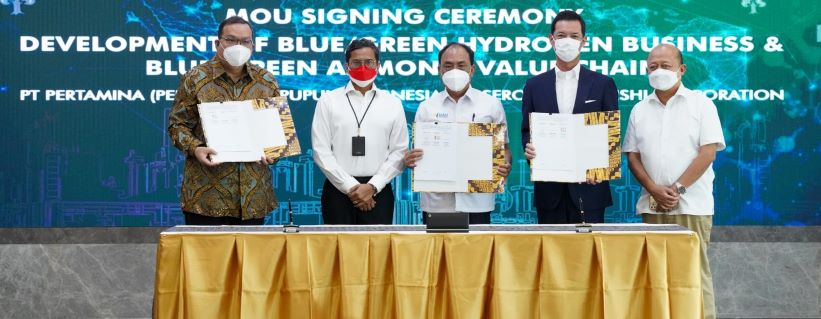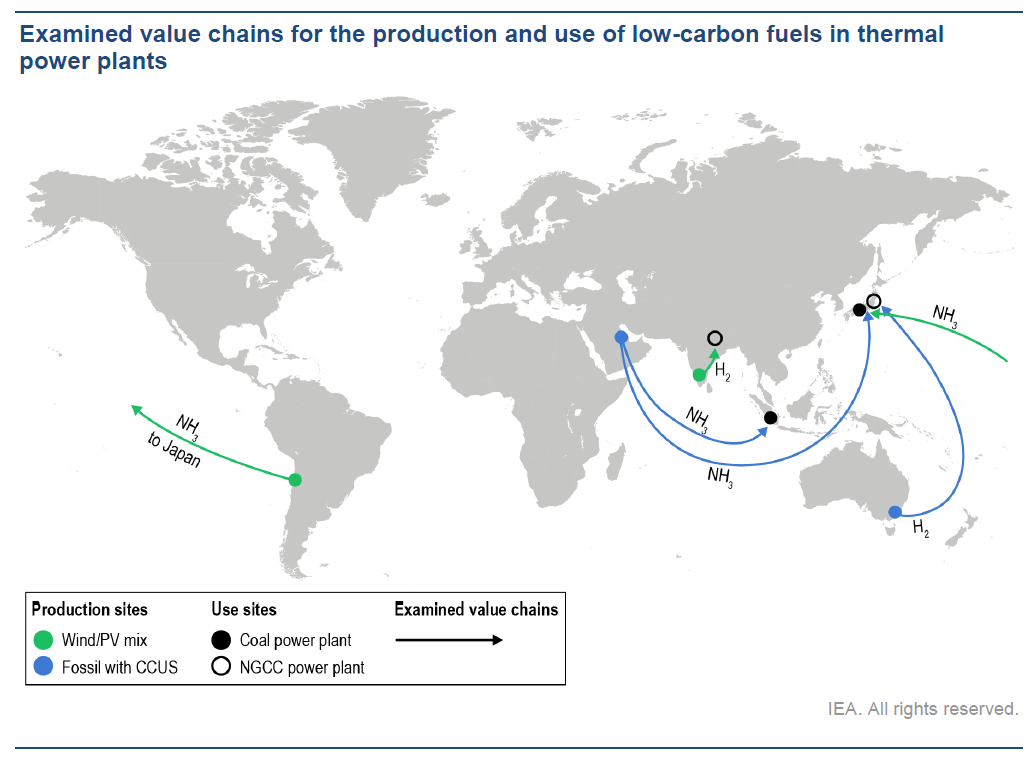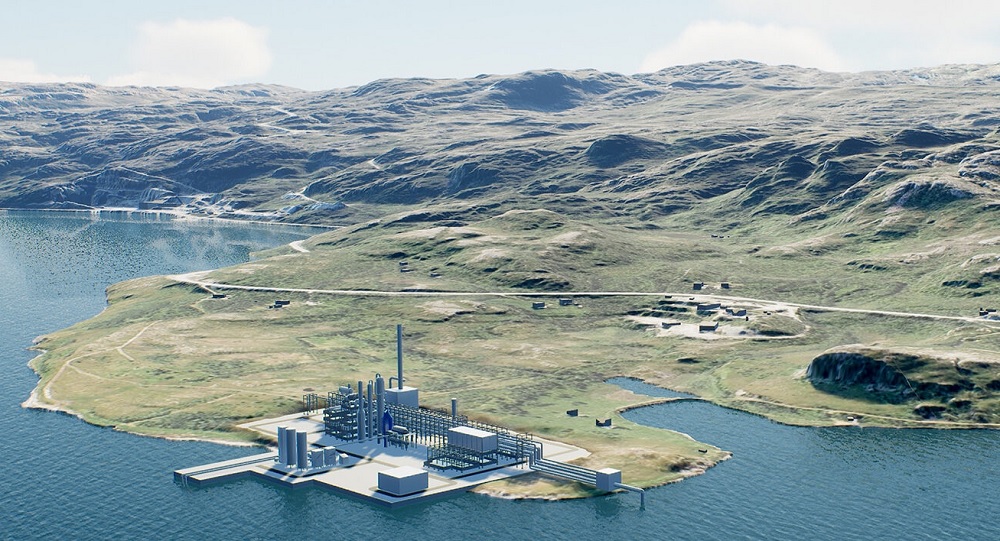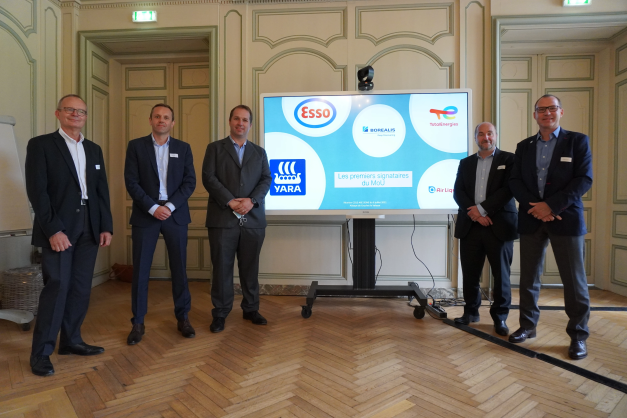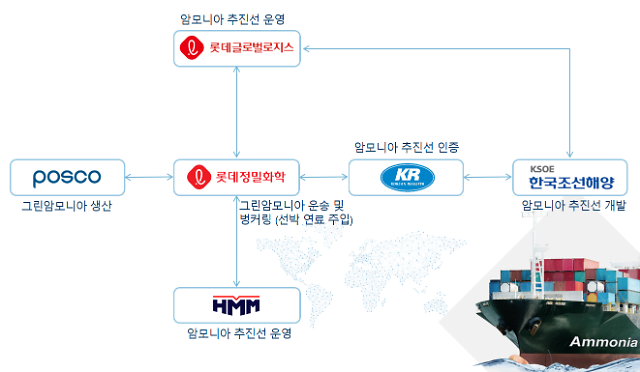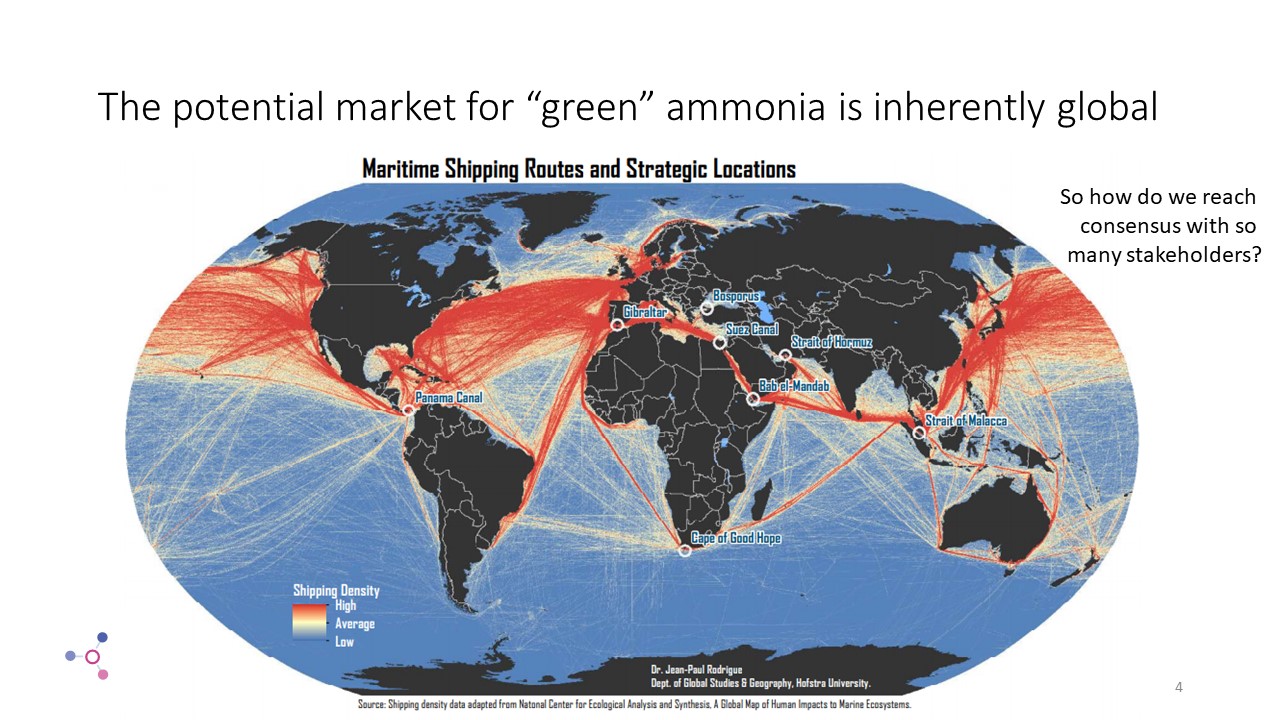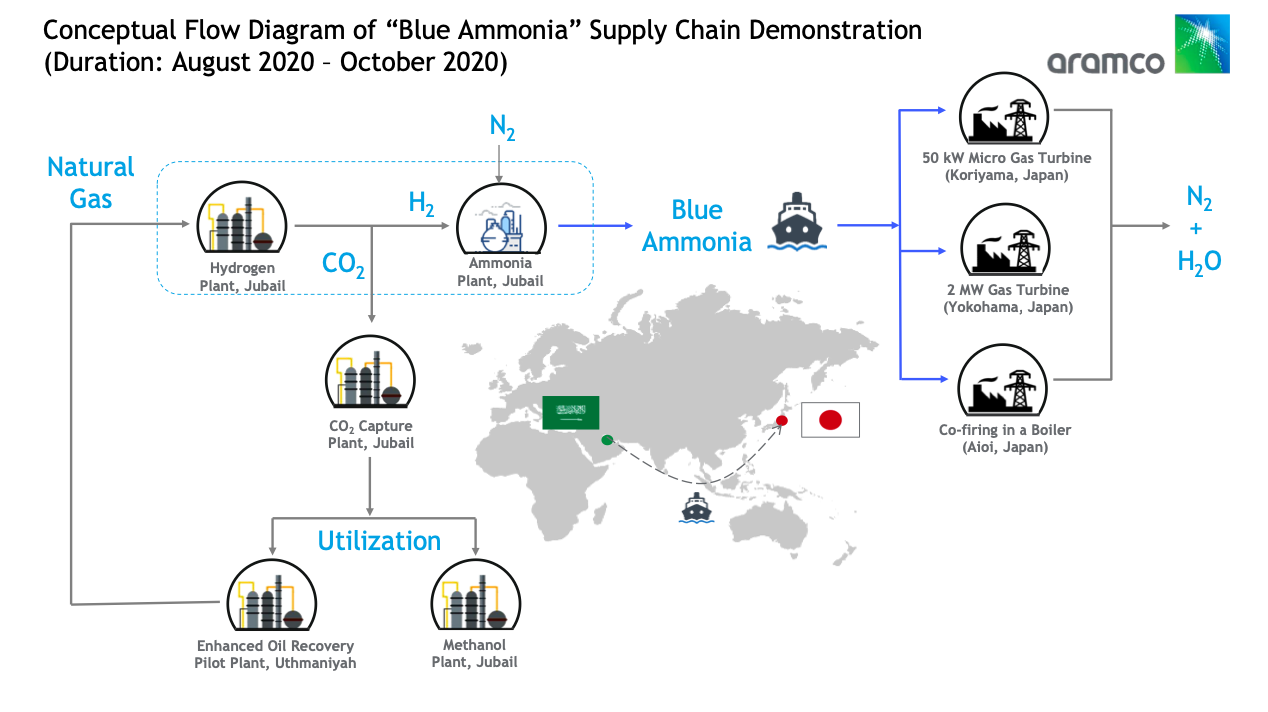Decarbonizing fossil-based ammonia production in North America
Our latest Ammonia Project Features webinar focused on various pathways for decarbonizing fossil-based ammonia production in North America. Blake Adair from Nutrien took us on a tour of some of his organisation’s existing low-carbon ammonia production facilities. He also explained how the technology solutions already exist to drive down emissions from hydrogen production, and improve rates of carbon capture. Dr. Amgad Elgowainy from Argonne National Laboratories then presented his team’s analysis of carbon dioxide mitigation costs for ammonia production, noting that current federal incentives for CCS projects already have a material impact on project costs. With incentives in place and mature technology available, we will soon see more low-carbon ammonia production projects emerge in North America.
